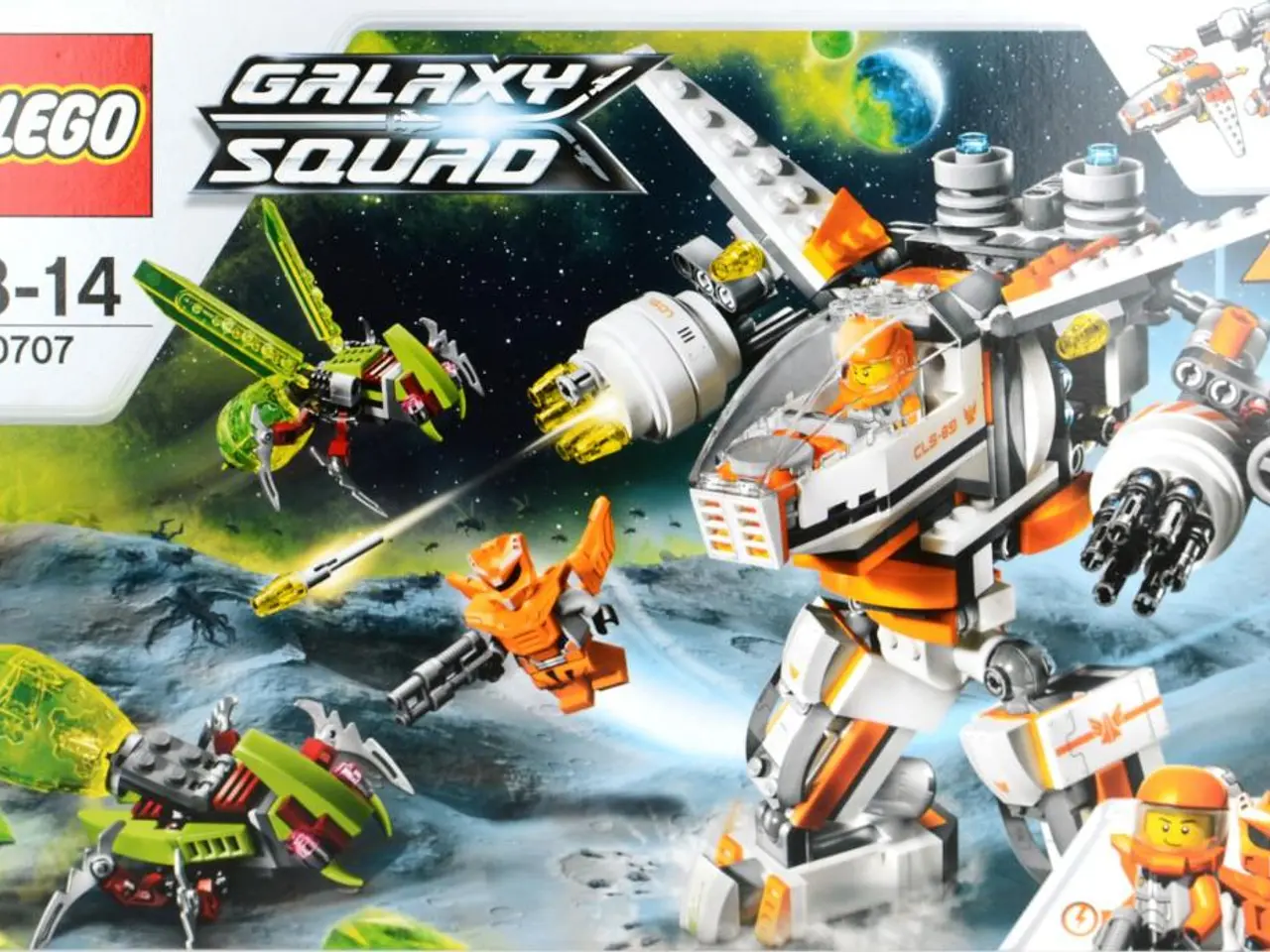Ontario's Emerging Role in Neuromorphic Hardware Landscape
Ontario is emerging as a key player in the neuromorphic hardware landscape, with several institutions and startups exploring this cutting-edge technology. While the province may not yet have dedicated neuromorphic chip manufacturers like the US or Europe, it boasts a strong AI ecosystem and a thriving iGaming industry, presenting potential synergies between neuromorphic hardware and application sectors.
Spiking neural networks (SNNs) and event-driven processing enable neuromorphic chips to operate efficiently, consuming ultra-low power and facilitating real-time learning. Applied Brain Research, based in Waterloo, is a notable player in this field, known for its software tool Nengo for building and simulating SNNs. Meanwhile, Untether AI in Toronto aligns with neuromorphic ambitions by bringing compute closer to memory for ultra-efficient, low-latency decision-making at the edge. Neuromorphic hardware is reshaping possibilities in areas like robotic navigation, with Clearpath Robotics and OTTO Motors in the Waterloo Region exploring its use for efficient real-time navigation and perception in autonomous mobile robotics. The Vector Institute and University of Waterloo are actively involved in neuromorphic AI research, focusing on trainable spiking networks and energy-aware machine learning models. However, the connection between neuromorphic hardware and Ontario's iGaming industry is currently mostly hypothetical, with potential applications including real-time analytics, personalized user experiences, and edge computing.
Ontario's strong AI ecosystem and regulated iGaming sector position it well for future advancements in neuromorphic hardware. As the technology matures, collaborations between AI startups, universities, and iGaming platforms could unlock innovative use cases, driving progress in both sectors.
Read also:
- Strategizing the Integration of Digital Menus as a Core Element in Business Operations
- Financial Actions of BlockDAG Following Inter and Borussia Agreements: Anticipating Future Steps
- International powers, including France, Germany, and the UK, advocate for the reinstatement of sanctions against Iran.
- Election contenders in Quebec city council elections believe they hold promise for success




